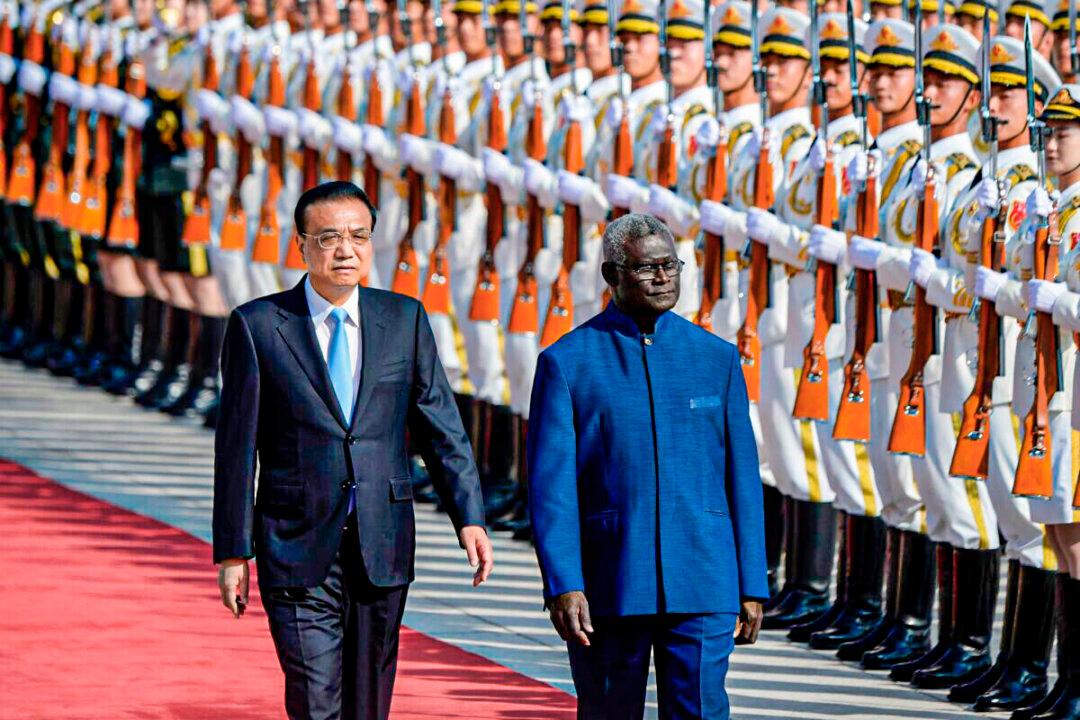The contentious security deal between the Solomon Islands and Beijing is a sign that the Pacific nation is exploiting “Great Power” competition between China and democratic allies in the region, according to a diplomacy expert.
Joseph Siracusa, adjunct professor of international diplomacy at Curtin University, said smaller nations will play “small power politics” when wedged between bigger countries attempting to gain influence over a region.





